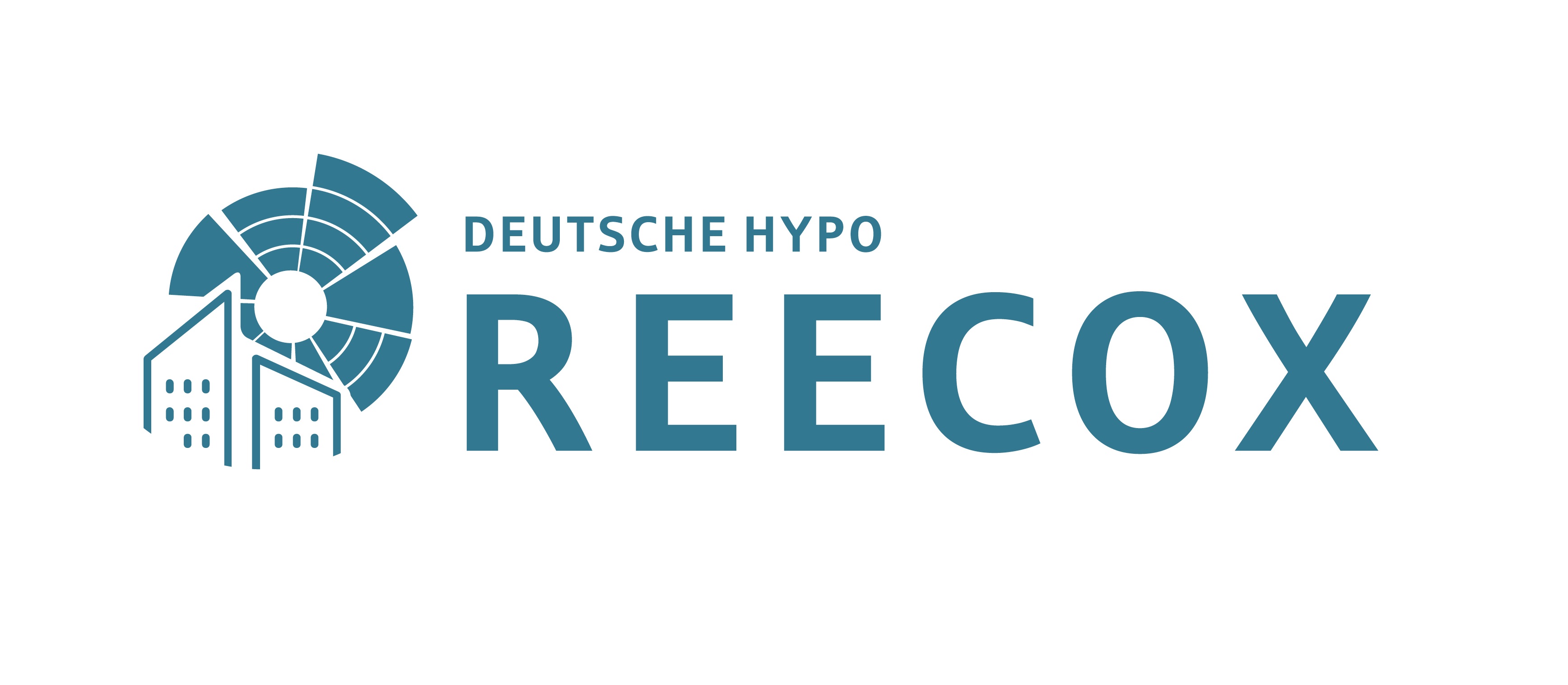Dear readers,
Europe is in agreement: Since early 2018, the development of the REECOX quarterly values in at least five of the six markets observed has been aligned – and that trend continued in the second quarter of 2019: With the exception of France where, happily, the REECOX rose, the Real Estate Economy Indices in all the other markets fell.
That development is, among other things, due to the deteriorating business climate in all the markets observed, with the exception of France. Escalating trade disputes and the weakening of the global economy are having an increasingly negative effect on sentiment in all markets. At any rate, companies consider their current situation and outlook to be significantly worse than in previous years. As a result of the dependence of the real estate sector on economic development, the impact of those trends on our industry is now also noticeable. We will see how sustainable the current development is as the year progresses.
Kind regards,
Sabine Barthauer
European real estate economy faces headwind
Deutsche Hypo REECOX’s European Real Estate Economy Index (Euro Score) fell slightly in the second quarter. Following a short high in the first quarter, that continued the negative trend seen in 2018. While there were no significant changes in the months of April (-0.3 %) and June (-0.2 %), developments in May (-1.3 %) resulted in the negative trend for the quarter as a whole. The Euro Score therefore fell by 1.8 % overall, to its current level of 232.7 points. With the exception of the French Real Estate Economy Index, the index values for all the countries observed by the Deutsche Hypo REECOX decreased in the second quarter. That meant REECOX France developed positively for the second consecutive quarter.That clearly contrasted with the situation in the United Kingdom: The REECOX UK displayed the largest comparative loss, falling below the 200 point mark. A year-on-year comparison underlines its dramatic development: Compared to June 2018, the index fell by approximately 20 points to its lowest level since summer 2016. Noticeable, though less dramatic, declines were also seen in Germany (-2.2 %) and the Netherlands (-1.6 %). Meanwhile, the Real Estate Economy Indices in Poland (-0.4 %) and Spain (-0.6 %) were more or less stable. It should, however, be noted that REECOX Spain declined slightly but constantly, while developments in Poland were more volatile.
Comment on the market
“The effects of current housing policy – with the watchwords rent control and expropriations – are clearly reflected by the decrease in the real estate share index DIMAX. The current decreases in the German Real Estate Economy Index are almost completely due to the development of the DIMAX. Apart from that sign of a slowdown, the German real estate sector continues to be in excellent shape. Liquidity continues to be high. Although the shortage of supply, particularly in the top seven metropolitan areas, is hampering investors, the domestic boom continues unabated. Germany is and remains in demand internationally. As long as the ECB continues its expansive monetary policy, the German real estate market will remain bullish. The low level of interest rates is keeping the party going. But an exogenous shock, no matter where it comes from, could quickly pull the plug.”
From José Luis Calderón, Head of Centralacquisition
REECOX Germany slides back below the 300 point mark again
The German Real Estate Economy Index began the first quarter with a slight recovery and remained above the 300 point mark. However, in the second quarter it fell by 2.2 %, cancelling out the rise at the start of the year. Developments in June (-2.1 %) made a significant contribution to that quarterly result, while there was little change in April and May. At the end of the second quarter, REECOX Germany stood at 296.6 points. Overall, that continued the downward trend that began after a historic high in August last year.
The development of the input variables was thereby partly contradictory. The German leading share index DAX continued its positive development in the spring, and is currently above 12,000 points. Its closing level in June was 12,399 points, which equates to an increase of 7.6 % compared to the previous quarter. However, the generally positive sentiment on stock markets was not reflected by developments in the real estate share segment as measured by the German real estate share index DIMAX. Following a double-digit rise in the first quarter, it fell by 8.9 % to 810 points.
The business climate, as measured by the Economic Sentiment Indicator (ESI), continued its negative development for the third successive quarter. At the end of June the business climate indicator stood at 102.6 points, a decrease of 3.8 % compared to the previous quarter.

